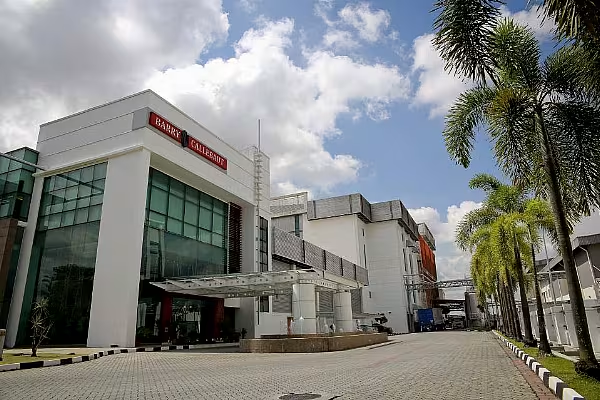Chocolate maker Barry Callebaut has announced that it has reduced its carbon footprint by 6.7% to 8.49 million tonnes, from 9.10 million tonnes, in its fiscal year 2018/19, despite a 5% increase in production.
The company has attributed this reduction to its 'Forever Chocolate strategy', which includes the objective of storing more carbon than it emits by 2025.
The objective has been recognised as 'Science Based Target' by the Science Based Targets Initiative (SBTi) - a partnership between Carbon Disclosure Project (CDP), the UN Global Compact, the World Resources Institute (WRI) and the WWF.
'Pushing Boundaries'
Barry Callebaut's chief innovation, sustainability, and quality officer and head of global gourmet, Pablo Perversi, commented, "To become carbon positive, we are continuously pushing the boundaries on carbon accounting and measurement, carbon offsetting, and insetting methodologies and activities. I am very proud of the recognition we received from SBTi, it shows we are on the right trajectory."
To achieve its emission targets, the chocolate maker focussed on the carbon footprint of its operations, energy use, and supply chain.
The accurate calculation of the carbon liability from land cleared for cocoa cultivation was a key driver of the carbon reduction in the company.
In addition, the increased use of renewable energy helped Barry Callebaut to reduce its carbon footprint.
It purchased dairy products from countries with lower carbon intensity and encouraged dairy suppliers to measure and reduce the carbon emissions of their farms and processing facilities.
Additional Measures
In collaboration with its partner, The Gold Standard Foundation, Barry Callebaut has developed a methodology to verify how much carbon emissions can be reduced and removed at the farm level and in cocoa-growing communities.
The company also implemented measures such as tree planting projects and selling of stoves and solar home systems.
It is also testing the viability of biochar from cocoa as a fertiliser in Barry Callebaut’s farm services business.
Alternatively, biochar can also be used by dairy suppliers for cow feed production, the company said.
© 2019 European Supermarket Magazine – your source for the latest retail news. Article by Dayeeta Das. Click subscribe to sign up to ESM: European Supermarket Magazine.














